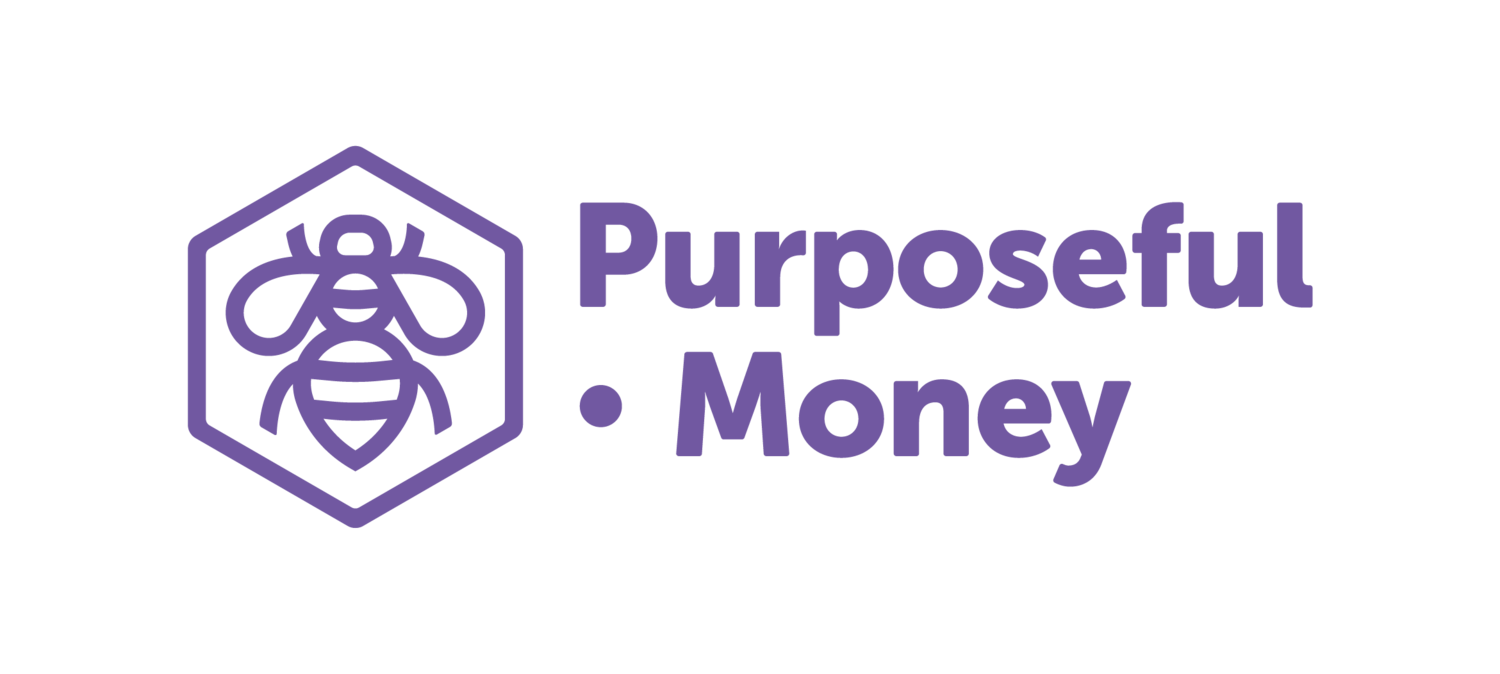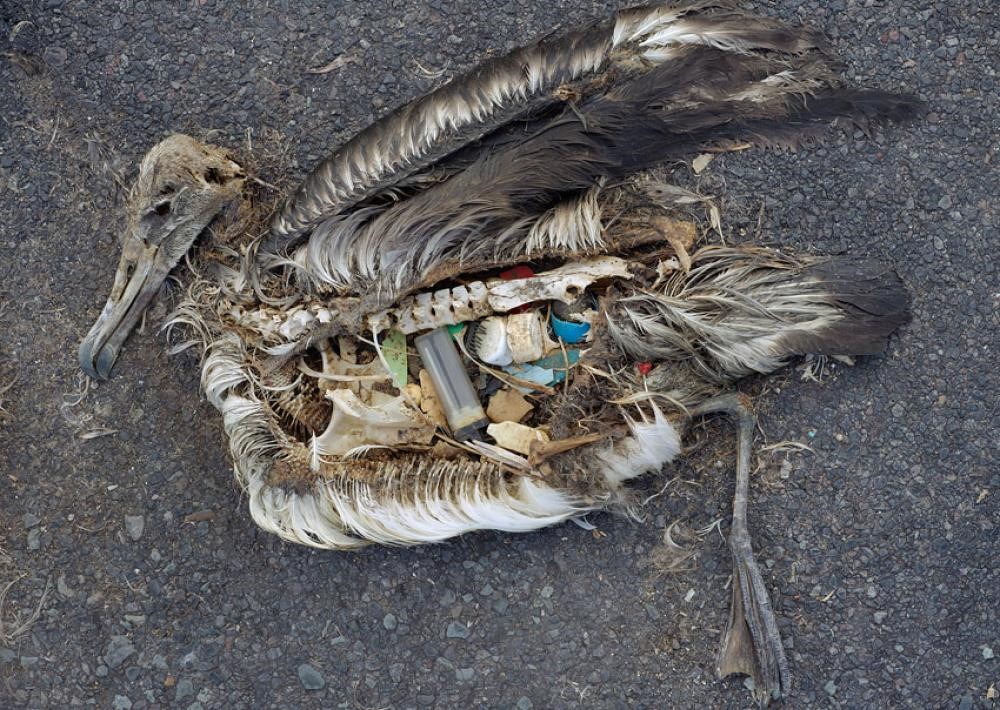How to Help Turn the Tide on Plastic Pollution
/As a global economy we have become addicted to plastic since its emergence in the 1960s. Over the last ten years we have produced more plastic than during the whole of the last century. (Eurostat, 2015) It is ever present, and covers almost everything we buy. Unfortunately, it’s almost ever present even after we’ve used it, and is beginning to cover and choke the systems which sustain us. It is said that one garbage truck of plastic ends up in the oceans, every minute. (World Economic Forum) More and more people are aware that there is a problem, and that they are contributing to it. What can we all actually do about it? In the absence of leadership at government level the rest of us must step up and begin to turn the tide on plastic.
Laysan Albatrosses, “A chick can have an ounce of plastic in its belly and remain healthy; the dead chicks have twice as much.” (Image Source: Chris Jordan, Ocean)
Due to the fact that plastic can take up to 500 years to decompose we can all try using less whenever this is an available option (Recycling Guide). Think of your day-to-day life, where can you cut back on plastic? A reusable coffee mug and water bottle? Bring your own bags to the supermarket? If permitting, instead of shopping at multinational supermarkets that cover everything in plastic, why not try your local fruit and vegetable market- not only is their produce not suffocated in plastic and probably organic, but you’re also contributing to your local economy. To try and look at it in perspective, think of the difference even a small change like this will make… For example, one cup used over and over instead of hundreds throughout a year... If society begins and maintains acting collectively with each person doing their little bit, then the effort will be multiplied and this results in a bigger change!
Landfill filled with plastic waste (Image Source: Shuttershock)
If you want to be more proactive, there are numerous lobbying groups and campaigns which you can join, being part of a team that are like-minded will help keeping the positive messages going and inspire others. Greenpeace, Avaaz, Friends of the Earth to name but a few are always looking for more people to help spread the word on using less plastic and other green ways of living.
Another problem with plastic is that it is not just about pollution, and the fact that we are strangling the environment with our discarded single use plastics… It’s also that we use huge amounts of fossil fuels to make them in the first place. Why we find it acceptable or normal to act in such a wasteful fashion is probably a topic for another blog, however, at this point we would like to shed some light on another way that you personally could help turn the tide.
Grey whale in net, “Marine mammals like whales often mistake marine debris for a potential food source.” (Image Source: Environmental Impact Assessment)
If you own a type of financial instrument, for example an ISA or a pension, there is a very good chance that within the investment hidden behind the name of the fund- you own all sorts of stocks and shares in companies that you might have wanted to avoid. Oil and gas companies, tobacco companies, weapons manufacturers make up disproportionately large chunks of the investment world as they have always generated money for the owners, the shareholders. However, there are many other ways to increase your wealth, and lots of these can actually have a positive impact on society and the environment! If you have made the effort to buy reusable coffee mugs and water bottles, take your own bags to the supermarket, perhaps even helped with a litter pick-up, why not take a closer look at what the money in your pension is supporting?
We are here to help shed light on how investments and pensions work, and how yours could become a real force for good with considerably less exertion on your part than a day picking up litter in the park!
Here are some more scary facts about plastic use!
Each EU citizen creates an average of 31kg of plastic waste per year (Source: Eurostat, 2015)
The European country creating the most plastic waste per citizen is Ireland, with an average of 61kg thrown away each year (Source: Eurostat)
A plastic bag has an average “working life” of 15 minutes, however its estimated that 4 trillion plastic bags are used annually worldwide (Source: Plastic Ocean)




